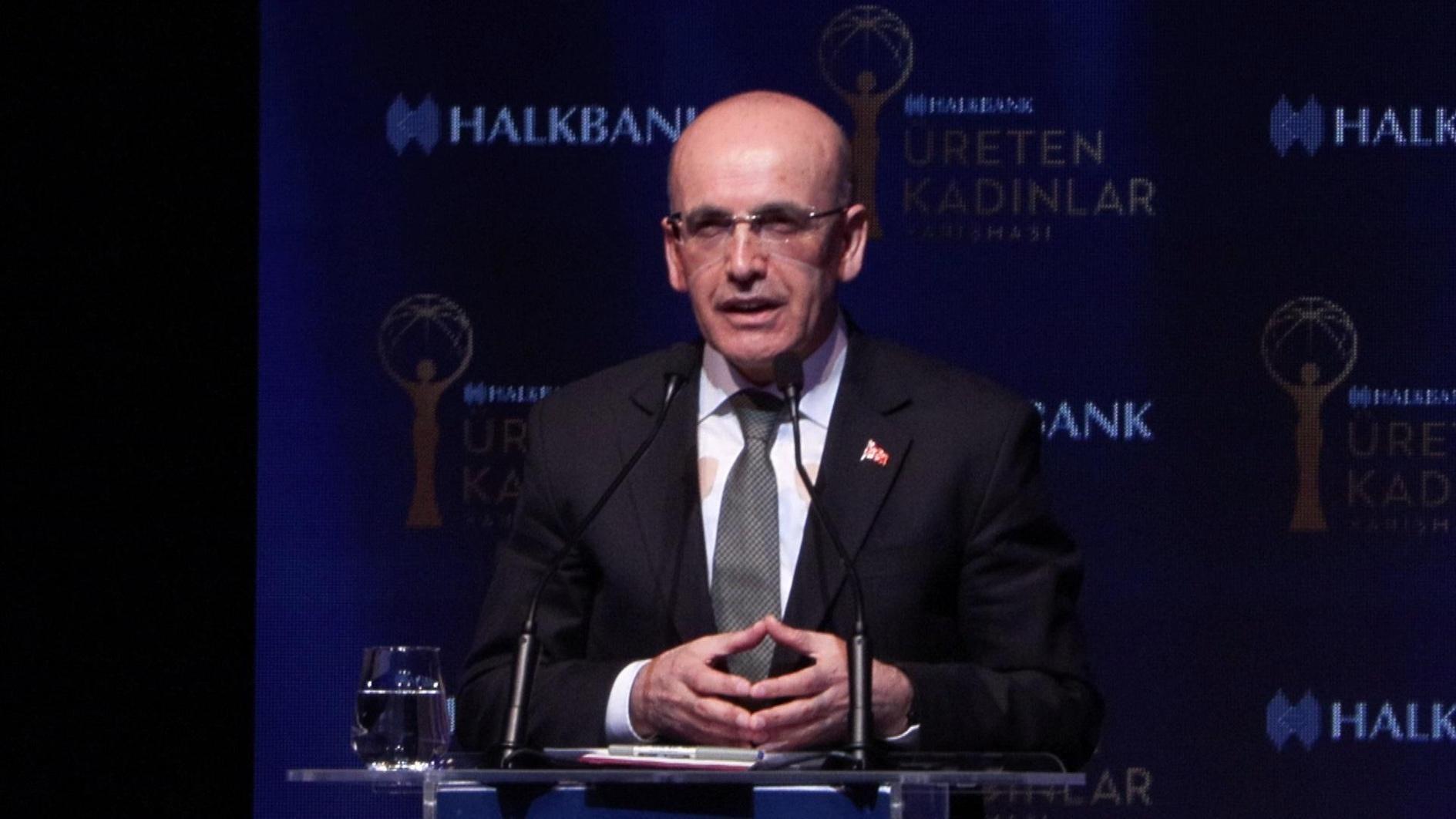Can something worthy emerge from the trash in Lebanon?
Selin NASİ
“You stink”… It’s a civil society campaign that perfectly describes popular frustration over the rotten nature of politics. For over a week, street demonstrations have been taking place in Lebanon. What drove over 20,000 people to take to the streets was the failure of the government to effect a solution to Beirut’s garbage disposal problem.Since 1997, solid waste has been collected in the Naameh landfill to the south of Beirut. The facility, which was filled beyond capacity, was set to be closed in July. However, the government not only failed to open a new landfill for garbage disposal, but also terminated the contract with Sukleen – an outsourced private company in charge of collecting the waste. Consequently, the Lebanese have been dealt the misfortune of watching the trash pile up on their doorstep, rotting in the summer heat. As a stop-gap solution, municipal authorities sought to burn some of the trash, but this only served to create a toxic smoke that added a bit of extra spice to the already unbearable smell and associated pests.
In the end, anger and frustration arising from the incompetence of the government to deliver even the most basic services sent people pouring onto the streets. The movement of #YouStink, which was initiated as a social media campaign, largely by young middle class Lebanese, succeeded in making the garbage crisis a front-page story.
In fact, it was the first time since the Cedar Revolution in 2005 that Lebanese people managed to cross sectarian divides and unite against a corrupt government. However, peaceful demonstrations soon turned violent as a number of provocateurs infiltrated the crowd and clashed with police. Security forces responded with tear gas, water cannon and rubber bullets. Dozens were injured while over 80 people were arrested. The heavy crackdown on protestors further strengthened the resistance until Hezbollah waded into the battle last Tuesday in an attempt to hijack the political discourse.
Mark Daou, a spokesman of the #YouStink campaign, says that that the movement is fighting for decent living standards and a functioning government. Indeed, Lebanese people have many problems aside from the garbage issue, such as electricity cuts, a malfunctioning internet, water scarcity and so on. However, the deadlock in the decision-making process prevents the government from dealing with the issues. What lies beneath the discord is in fact a systemic crisis.
Lebanon is governed by a confessional system based on the representation of various religious and sects (such as Sunnis, Shiites, Maronites, Greek Orthodox, Druze and more) in parliament according to quotas. Based on a power-sharing formula spelled out in the Taif Agreement of 1989 to end the country’s civil war, the presidential post is reserved for a Christian, the prime minister is elected from among the Sunni community and the head of parliament has to be a Shiite. In addition, government decisions require a two-thirds majority in parliament, which enables rival political camps to easily block the system without endangering their privileged positions.
As for the paralyzed domestic political context, parliament has failed to elect a president for over a year. The post has been vacant since Michel Suleiman stepped down on May 25 last year. Parliament’s term had been extended twice because lawmakers could not agree on a new electoral law. Some argue that they should elect the president before the elections. Worse, cabinet cannot convene due to boycotts by competing parties.
“There is neither a functioning system nor a government in Lebanon,” says Joseph Bahout, a Lebanese expert from the Carnegie Endowment for Peace. “People are calling for the resignation of Prime Minister Tammam Salam. OK, but who is going to replace this government? A military regime just like in Egypt? Or will Hezbollah take over?”
According to Bahout, Hezbollah is responsible for the violent tone of the demonstrations. In fact, a month ago, Hezbollah leader Hasan Nasrallah renewed his support for Michel Aoun, the leader of the Free Patriotic Movement, for the Lebanese presidency. Last Tuesday, Hezbollah issued a statement, supporting peaceful protests against “endemic corruption,” even calling it a legitimate right. Hezbollah’s move, in conjunction with claims that the infiltrators among the protestors appeared to be Shiites, is perceived as an attempt to derive political profit from popular discontent against the government. Many Lebanese are said to be pulling out of the rallies following the group’s statement.
Derailing the demonstrations by attempting to redirect its goals poses a serious risk for Lebanese people, who still vividly remember the civil war that lasted for 15 years. Considering domestic structural constraints, as well as the regional dynamics surrounding Lebanon, it is not realistic to expect the #YouStink movement to lead to a revolution. However, the way legitimate demands are expressed through civil protests point at a growing consciousness taking root in the society. If the politicians want to remain their seats, they will have to find a way to achieve political reconciliation.
If they manage to overcome their self-interests at least this time, it would be an accomplishment by Middle Eastern standards.











